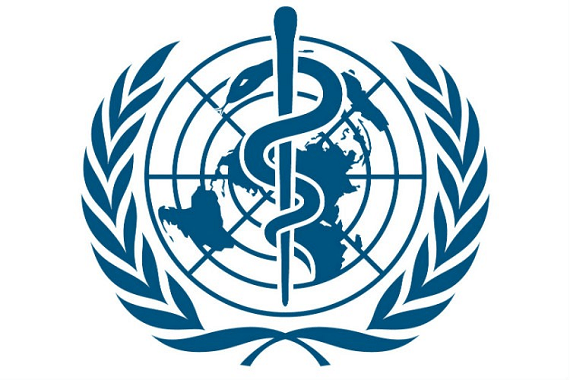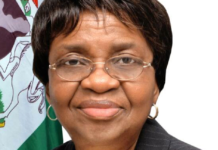The Director-General, World Health Organisation, Dr. Tedros Ghebreyesus, has urged countries to step up health-sector innovations so that more countries can make use of them, to save lives and improve people’s health.
Ghebreyesus made the remarks at the ongoing annual High-Level Political Forum on Sustainable Development side event at the UN headquarters in New York.
The forum which opened on Tuesday will continue through July 15, under the auspices of the Economic and Social Council.
The WHO DG said countries would be stronger when working together, noting the progress WHO had made with Global Action Partners to break down barriers in achieving health-related Sustainable Development Goals.

“As we gather today to focus on our collective attention on recovery, there are four specific areas of collaboration, I hope we can all get behind.
“First, supporting countries to build strong and equitable primary health care systems as the foundation of universal health coverage and across the world, primary healthcare has been the first line of defence against COVID-19.
“Second, building resilience within and beyond health systems by addressing the underlying vulnerabilities that fuel crises; Global health security starts with local health security.
“Third, better data to give a fuller understanding of what is and is not working, and using that data to strengthen the delivery of programmes.
“Disaggregated data is also critical, both for identifying marginalised populations and for responding to systemic inequities,’’ he said.
Above all, he said that the pandemic had taught us that health was not a luxury for those that can afford it, but rather a fundamental human right, and a prerequisite for social, economic and political stability.
“Working together across the multilateral system we can support countries to end the pandemic and, in due course, to make an equitable and resilient recovery towards healthy lives and well-being for all,’’ the WHO DG said.
According to him, everyone must recognise the profound damage that the COVID-19 pandemic has done to global development.
Ghebreyesus said though the full scale of its impact had yet to be realised, saying, “It is clear that existing inequities and inequalities have been exacerbated.
“More people than ever are at risk, especially those living in countries affected by fragility, conflict and violence; our chances of achieving the SDGs seem more out of reach than ever before.
“Disruptions of essential health services have reversed years of progress in the control of communicable diseases, including measles, tuberculosis, HIV and malaria, and has resulted in numerous preventable deaths.
“Mental health conditions and non-communicable disease prevention and treatment had also been badly affected. We are now in a dangerous period of this pandemic. No country is out of the woods yet.
“While our priority is to respond to the current crisis, we must also prepare for the challenges of the future,’’ he said.
The DG told the forum that the Global Action Plan for Healthy Lives and Well-being for All provided a platform to support countries in their efforts to make an equitable and resilient recovery towards the SDGs.
The UN correspondent of the News Agency of Nigeria reports that the SDGs report launched at the Forum on Tuesday showed the toll that the COVID-19 pandemic had taken on the 2030 Agenda.
According to the report, the world is not on track to meet the 17 SDGs before COVID-19 struck, and now the challenge has been magnified many times over.
“It indicated that countries must take ‘critical’ steps on the road out of the pandemic during the next 18 months.
“In addition to the almost four million deaths due to COVID-19, between 119-124 million people were pushed back into poverty and chronic hunger, and the equivalent of 255 million full-time jobs lost.’’ (NAN)










